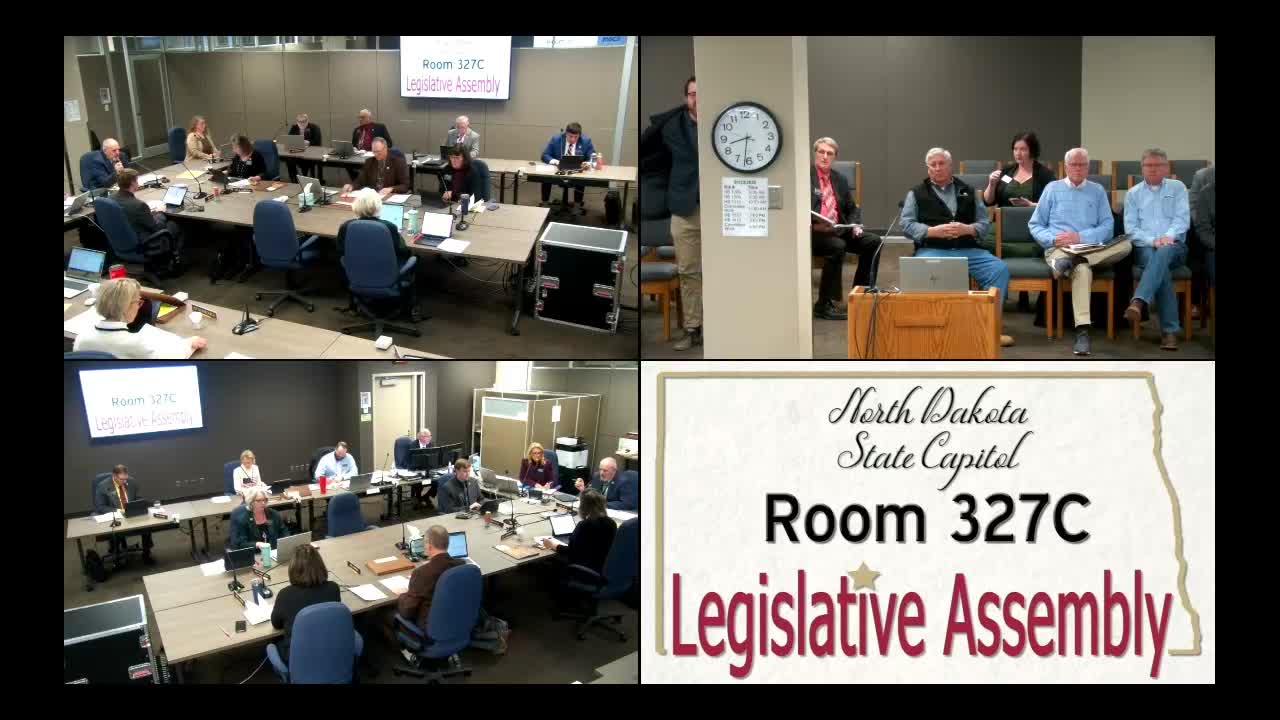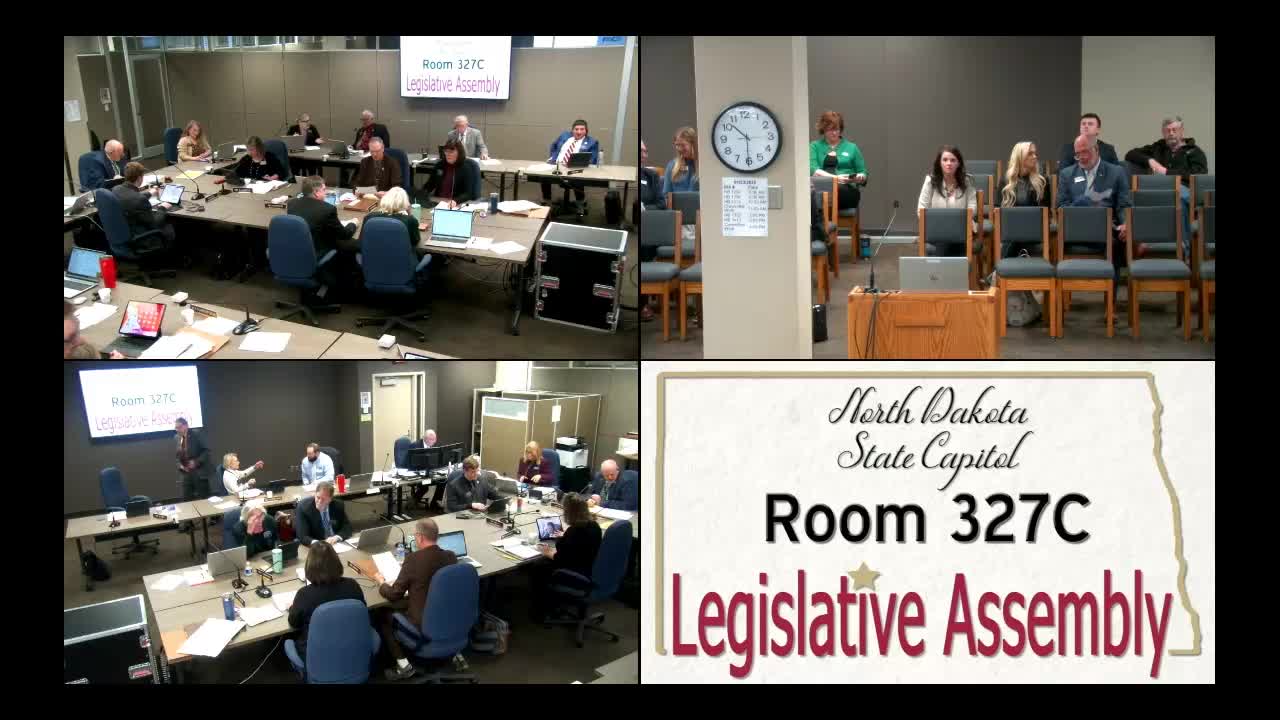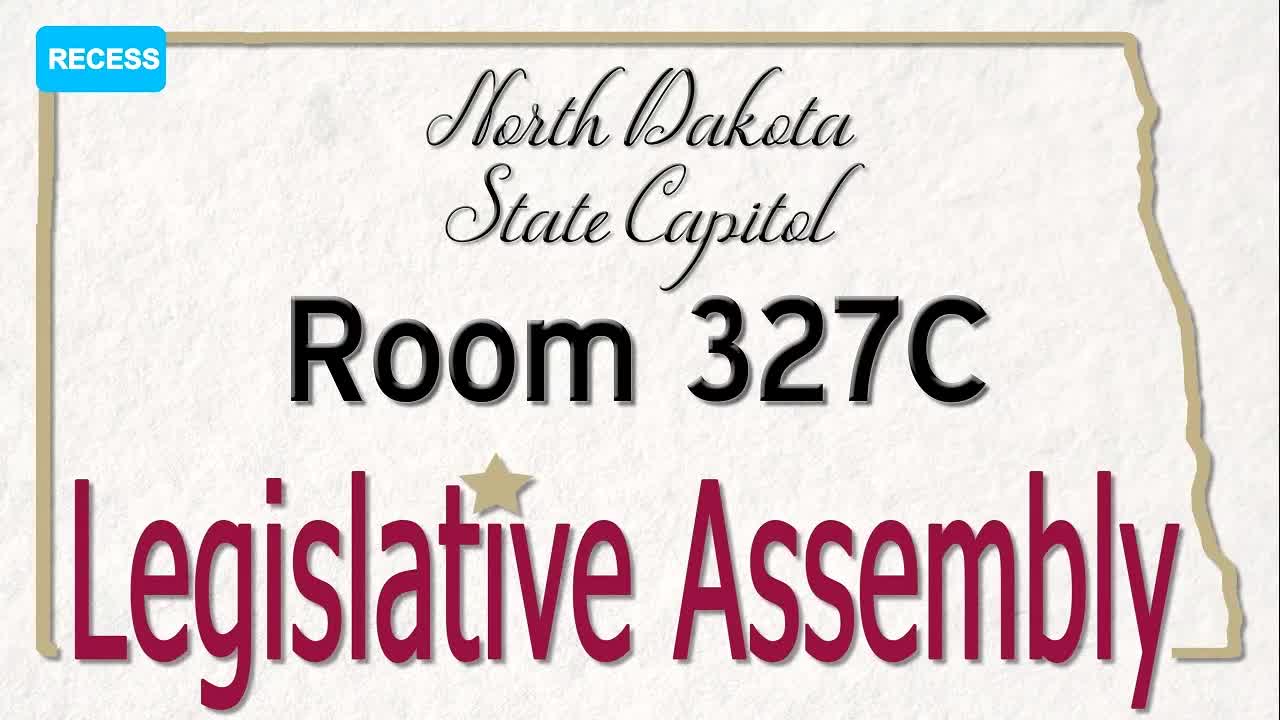Article not found
This article is no longer available. But don't worry—we've gathered other articles that discuss the same topic.

House Ag Committee hears Sargent County testimony on Legal Drain 11; bills would bar votes by landowners who don’t pay assessments

Committee backs pesticide‑labeling bill that declares EPA‑approved labels meet state duty to warn

